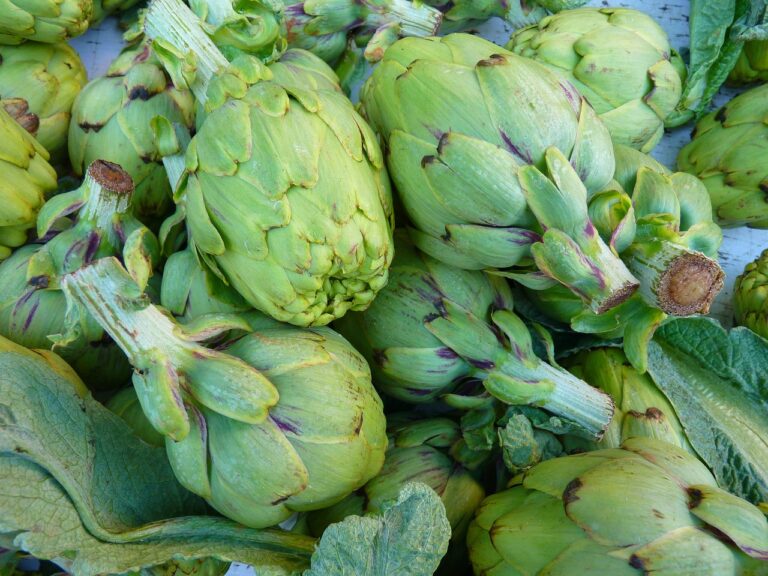The Role of Food in Social Justice Movements: Using Food as a Tool for Advocacy and Change
In recent years, there has been a significant increase in awareness and advocacy surrounding social justice issues related to food. From ensuring access to healthy and affordable food for all individuals to promoting sustainable and ethical food production practices, the intersection of social justice movements and food advocacy has become a prominent focus for many organizations and individuals.
Food advocacy encompasses a wide range of initiatives, including efforts to address food insecurity, support local food systems, and challenge social inequalities within the food industry. By recognizing the fundamental role that food plays in our daily lives and the larger societal structures, advocates are working towards creating a more equitable and sustainable food system for everyone.
Historical Examples of Food as a Tool for Social Change
During the civil rights movement in the United States, food played a crucial role in empowering communities and challenging systemic inequalities. The formation of food cooperatives and community gardens provided Black Americans with access to fresh and affordable produce, creating a sense of self-reliance and economic autonomy within marginalized communities. By growing their food and sharing resources collectively, these initiatives not only addressed food disparities but also fostered a sense of unity and resilience among participants.
In India, the Salt March led by Mahatma Gandhi in 1930 serves as a powerful example of food being used as a tool for social and political change. In response to British colonial salt taxes that severely impacted the Indian population, Gandhi organized a nonviolent protest in the form of a 240-mile journey to the Arabian Sea to collect salt. This act of civil disobedience not only highlighted the injustices of the colonial regime but also mobilized masses of Indians in a unified resistance against British rule, leading to increased awareness and solidarity among the Indian population.
The Intersection of Food Justice and Environmental Justice
Environmental justice and food justice converge at the intersection of sustainability and social equality. The way we produce, distribute, and consume food impacts the environment, from soil depletion to water pollution. Conversely, environmental degradation disproportionately affects marginalized communities who often face barriers accessing nutritious food.
By recognizing and addressing the interconnections between food justice and environmental justice, we can work towards creating a more equitable and sustainable food system. This includes advocating for policies that promote regenerative agriculture, support local food systems, and prioritize food access for all. Ultimately, achieving food and environmental justice requires a holistic approach that acknowledges the complex relationship between our food choices and the health of the planet and communities.
What is food justice?
Food justice is the idea that everyone deserves access to healthy, nutritious, and culturally appropriate food. It also encompasses the idea that food production and distribution should be sustainable and equitable.
How does food justice intersect with environmental justice?
Food justice and environmental justice are closely linked because food production, distribution, and waste can have a significant impact on the environment. Issues such as food deserts, food insecurity, and industrial agriculture can disproportionately affect low-income communities and communities of color, leading to environmental injustices.
Can you provide historical examples of food being used as a tool for social change?
Yes, there have been many instances throughout history where food has been used as a tool for social change. For example, the civil rights movement in the United States used boycotts and sit-ins to protest segregation in public spaces, including restaurants. Additionally, the farm workers’ movement led by Cesar Chavez in the 1960s and 1970s highlighted the poor working conditions and low wages of agricultural workers, leading to significant changes in labor laws.
How can individuals get involved in food justice and environmental justice movements?
There are many ways individuals can get involved in food justice and environmental justice movements, including supporting local farmers and food producers, advocating for policies that promote food equity and sustainability, volunteering at food banks and community gardens, and participating in grassroots organizing efforts. It’s important to educate oneself on the issues and support organizations and initiatives that are working towards a more just and sustainable food system.







